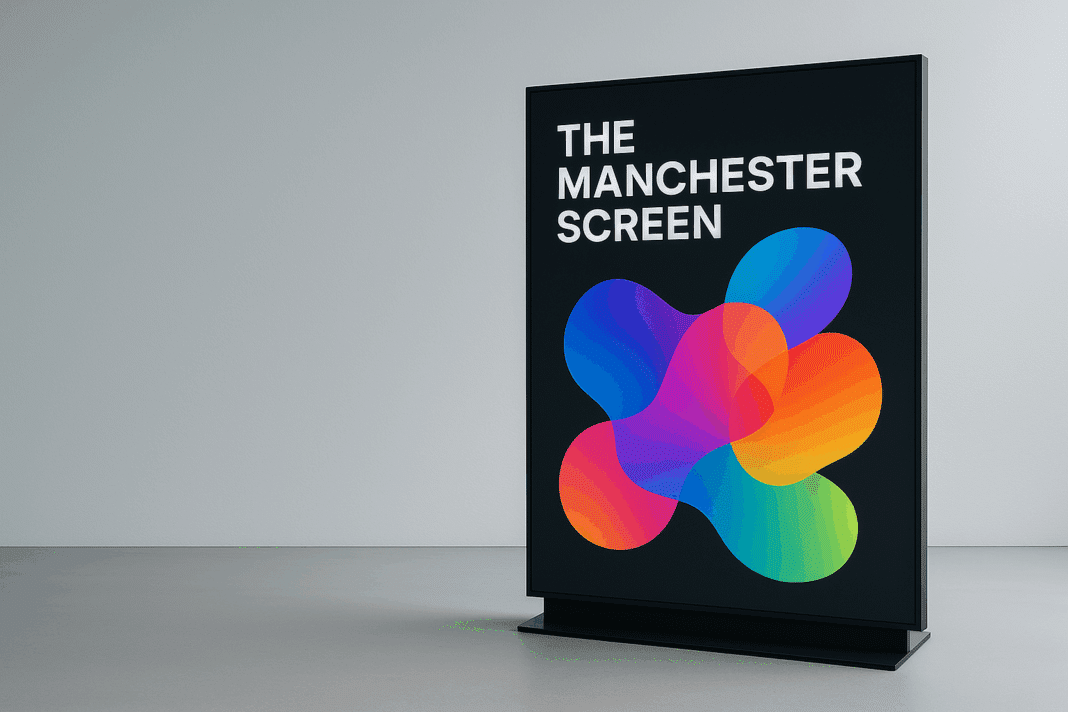Business events have evolved into dynamic experiences designed to captivate attendees. Engaging participants effectively can elevate the success of an event, turning it into a memorable occasion. Leveraging innovative strategies is crucial for organisers aiming to create impactful business events.
The landscape of business events has evolved significantly, shifting towards more interactive and engaging formats. Events are now immersive experiences that foster connections and learning.
Creating a lively atmosphere is essential, as it encourages participation and enhances the overall experience. One such innovation is The Manchester Screen, which offers a unique platform for showcasing content and engaging audiences.
The evolution of event experiences
The nature of business events has undergone a remarkable transformation over the past few years. Traditional setups with keynote speakers and passive audiences are being replaced by more engaging and interactive formats. Organisers are now prioritising attendee engagement to foster a sense of community and collaboration. This shift enhances the attendee experience and increases the effectiveness of the event.
Interactive elements such as panel discussions, workshops, and networking sessions have become common features of modern events. These formats allow participants to actively contribute, making the event more dynamic and memorable. By encouraging dialogue and interaction, organisers can ensure that attendees leave with valuable insights and connections.
Moreover, customisation is becoming increasingly important in event planning. Tailoring content to suit different audience segments ensures that each participant finds value in the event. This personalised approach helps in creating a more inclusive environment where every attendee feels engaged and valued.
The integration of hybrid event formats has further revolutionised business gatherings. By combining in-person and virtual elements, organisers can extend their reach beyond geographical boundaries while maintaining the intimacy of face-to-face interactions. This dual approach not only increases accessibility but also provides flexibility for attendees who may face travel restrictions or scheduling conflicts. The hybrid model has proven particularly effective in fostering global connections and creating more inclusive event experiences.
Key strategies for engagement
To maximise attendee engagement, it is crucial to employ innovative tools and techniques. Interactive technologies such as live polls, Q&A sessions, and social media integration play a significant role in boosting participation. These tools facilitate real-time feedback and engagement, allowing organisers to adapt the event flow based on audience responses.
Gamification is another effective strategy for enhancing engagement. By incorporating game-like elements into the event structure, organisers can motivate attendees to participate actively. This approach makes the event more enjoyable and encourages healthy competition among participants.
In addition to technology-driven solutions, fostering a sense of belonging among attendees is vital. Encouraging networking through icebreaker activities or creating dedicated spaces for informal interactions can significantly enhance the overall experience. Such initiatives help attendees build lasting connections beyond the confines of the event itself.
Creating themed breakout sessions has emerged as a powerful engagement strategy that combines learning with networking opportunities. These focused mini-sessions allow participants to dive deeper into specific topics while connecting with others who share similar interests or challenges. By structuring these sessions around industry-specific themes or current trends, organisers can facilitate more meaningful discussions and knowledge exchange, leading to higher participant satisfaction and stronger professional relationships.
Incorporating technology
The role of technology in creating immersive event experiences cannot be overstated. Digital tools offer limitless possibilities for enhancing engagement and interaction during business events. Virtual reality (VR) and augmented reality (AR) are at the forefront of this technological revolution, providing unique opportunities for organisers to captivate their audience.
By integrating VR or AR into presentations or exhibitions, attendees can experience content in a whole new way. These technologies enable participants to explore virtual environments or interact with digital elements, adding an extra layer of immersion to the event.
Furthermore, mobile apps dedicated to specific events have become indispensable tools for both organisers and attendees. These apps offer features such as personalised schedules, networking opportunities, and real-time updates, ensuring that participants remain engaged throughout the event.
Creating memorable moments
Creating moments that leave a lasting impression on attendees is one of the ultimate goals of any business event. Designing experiences that resonate with participants requires careful planning and attention to detail. One way to achieve this is through storytelling; crafting narratives that align with the event’s theme can evoke emotions and forge deeper connections.
Aesthetic appeal also plays a crucial role in creating memorable moments. The visual presentation of an event space—through lighting, decor, or digital displays—can significantly impact how attendees perceive and remember their experience.
Moreover, surprise elements can add excitement and anticipation to an event. Whether it’s an unexpected performance or an exclusive reveal, these surprises create buzz among participants and ensure that your event stands out in their memory.
Incorporating elements that reflect the local business environment, such as references to government initiatives like the support for parents and carers returning to STEM in Greater Manchester, can further enhance the relevance and impact of your event. These connections highlight the event’s alignment with regional developments and demonstrate a commitment to supporting local business growth and innovation.



